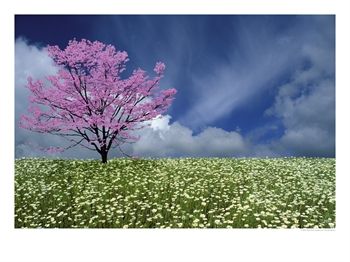
"No-Rooz" (New-Day), the Iranian new year, is the oldest new year holiday of the world celebrated by people of
According the first used calender in Mythraism way, Norooz dates back to 7030 years ago and in Zorastrian faith it is celebrated since 3746 years ago (2008 Gregorian calender). After Islamic era Iranians didn’t replace Norooz and their Aryan solar calender with the Arabic lunal one but adapting with new religion put some changes in counts of the years again while people of Iran with any religion and ethnic, have still kept celebrating Norooz every part of the world they live and have protected their ancient heritage infront of Greeks, Arabs, Mongols and any other foreigner invaders.
"Haft-Sin" is table clothed in the main room of the house and all members of the family gather around it before the moment of the new year happens. The following items are placed on it:
· Lighted candles : Represents the goodness and warmth of life. The number of candles is the same as members of the family and guests.
· Holly book : It depends on the religions of the Iranian societies living in
· Gold fish in a bowl of clear water : The sign of wishing health and blessing for Iranian children.
· Mirror : Looking for truth and brightness with guidance of Ahoura Mazda (God).
· Clock : Shows the exact moment of coming the new year.
· Painted eggs : Marks the concept of birth and circle of life.
Haftsin is the seven stuffs which in Persian/Parsi language start with "Sin" or "S". They are placed next to each other on the table in front of candles, holly book, gold fish, mirror and clock.
- Sabzeh/wheat or lentil sprouts : Purity and good fortune
- Samanu/a paste made with wheat : Sweetness and fertility
- Sib/apple : Health, beauty and fragrance
- Sir/garlic : Medicine and health
- Sekkeh/coin : wealth
- Sonbol/Hyacinth : Love
- Serkeh/vinegar : Wards of bitterness in life
In an Iranian house during the Norooz celebration The moment of replacing old and new year is the most crucial moment in the life of the family, especially with regard to forgiving past mistakes, planning for a successful year, hugging and exchanging gifts. After starting the new year neighbours and friends visit each other and the feast goes on for a long 13 days vacation!

No comments:
Post a Comment